Essential Electrical Safety Guide: Protecting Your Home and Family
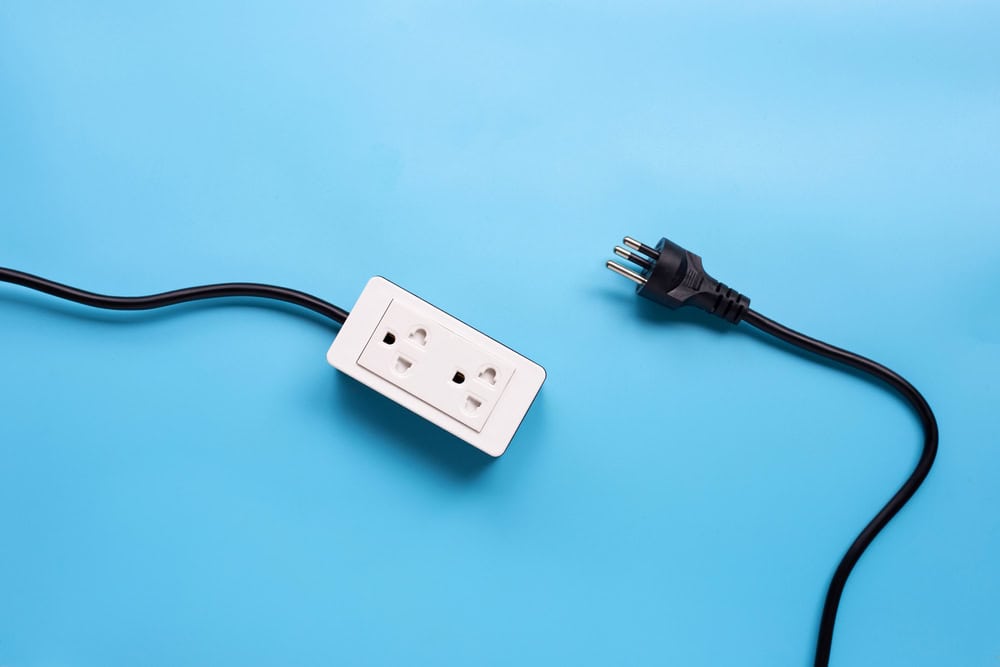
Electricity is an essential part of our lives. However, it has the potential to cause great harm. Electrical systems will function almost indefinitely, if properly installed and not overloaded or physically abused. Electrical fires in our homes claim the lives of 485 Americans each year and injure 2,305 more. Some of these fires are caused by electrical system failures and appliance defects, but many more are caused by the misuse and poor maintenance of electrical appliances, incorrectly installed wiring, and overloaded circuits and extension cords.
Critical Safety Rules
Never Do These Things:
-
Use incorrect fuses or circuit breakers
-
Place extension cords under rugs
-
Overload electrical circuits
-
Allow climbing near power lines
-
Use ungrounded outlets
-
Ignore electrical shocks or sparks
Always Do These Things:
-
Use GFCI outlets near water
-
Maintain proper clearance around appliances
-
Inspect cords regularly
-
Keep electrical panels accessible
-
Use proper safety plugs
-
Hire qualified electricians for repairs
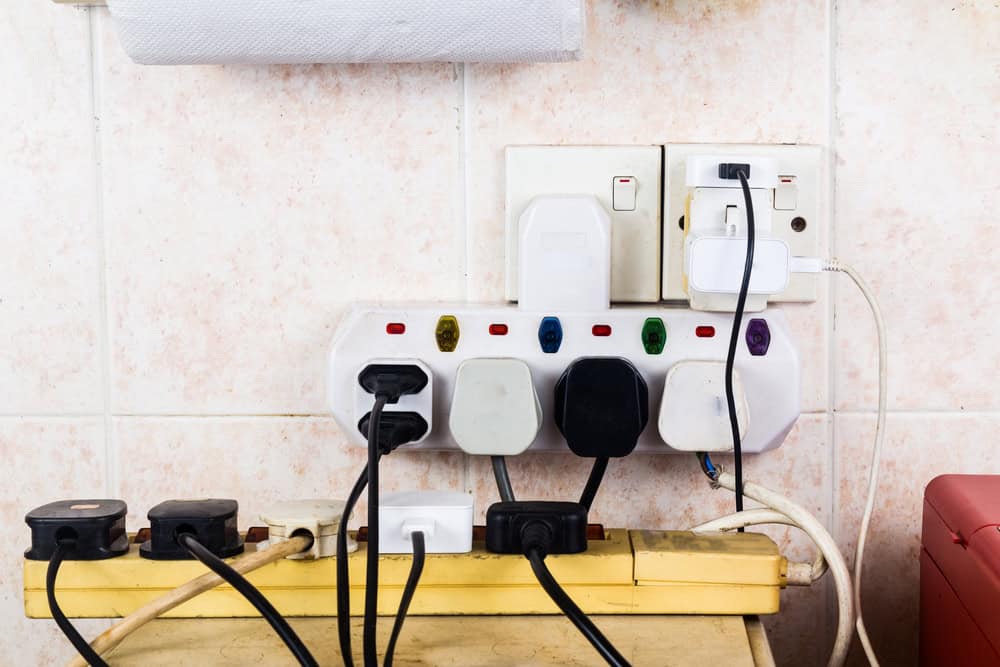
Electrical Panel Safety
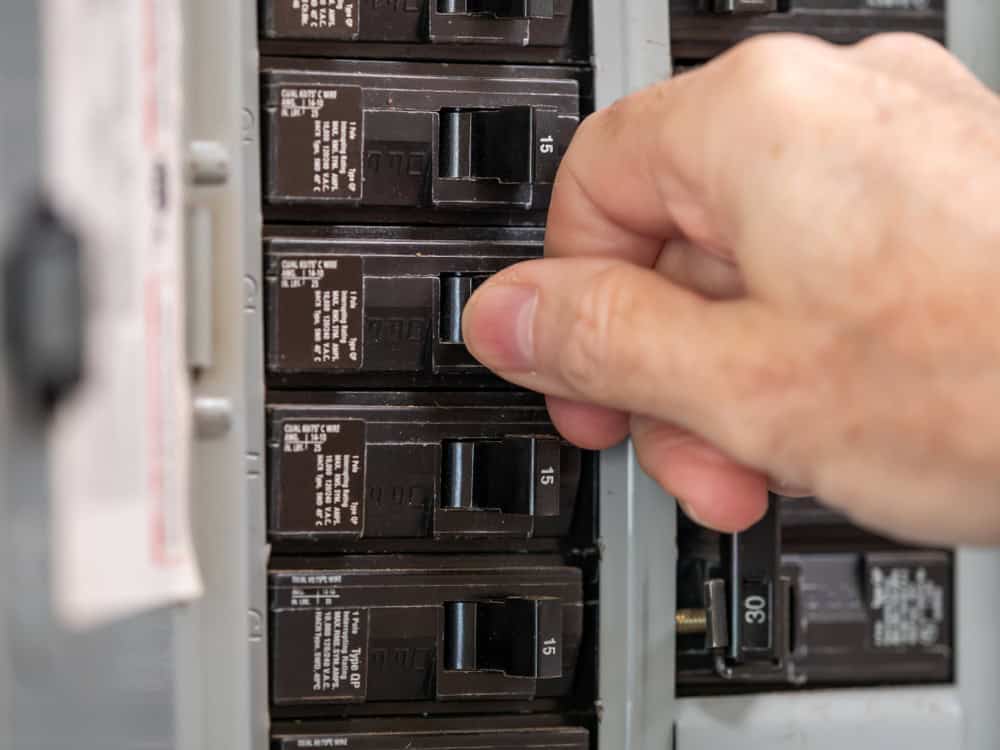
Essential Guidelines:
-
Locate main switch for emergency shutoff
-
Use correct fuse amperage
-
Investigate cause of blown fuses
-
Keep area around panel clear
-
Label all circuits clearly
Never:
-
Use pennies or metal objects as fuses
-
Ignore repeated circuit trips
-
Block access to electrical panels
-
Override safety features
-
Attempt DIY panel repairs
Outlet and Cord Safety
Required Practices:
-
Use three-hole grounded outlets
-
Install GFCI outlets in wet areas
-
Check extension cords regularly
-
Use proper cord types
-
Install safety covers on unused outlets
Prohibited Actions:
-
Overloading outlets
-
Running cords under carpets
-
Using indoor cords outside
-
Daisy-chaining extension cords
-
Removing ground prongs
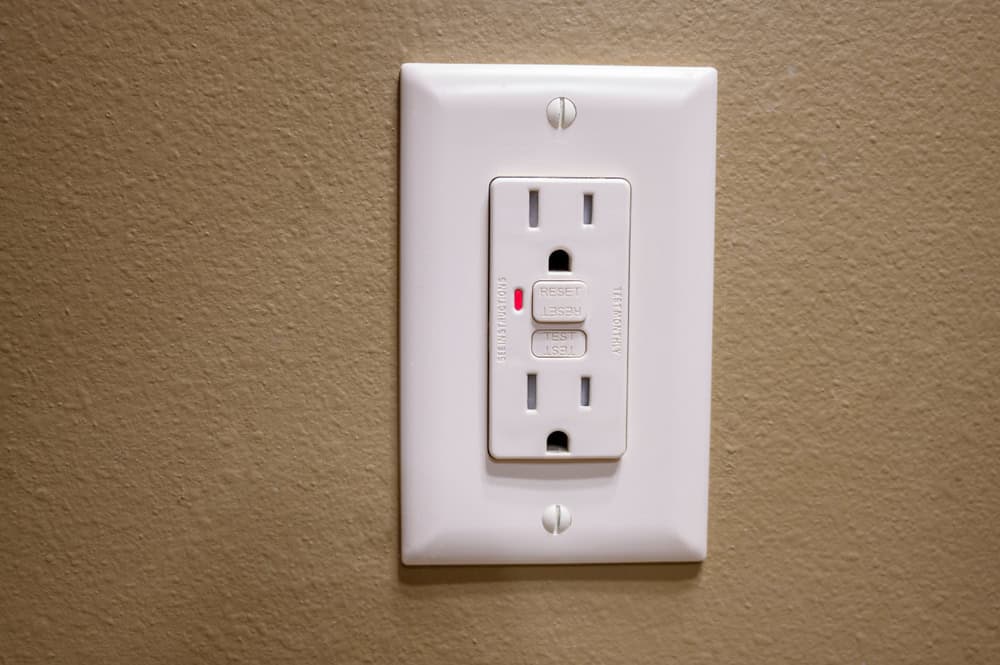
Appliance Safety
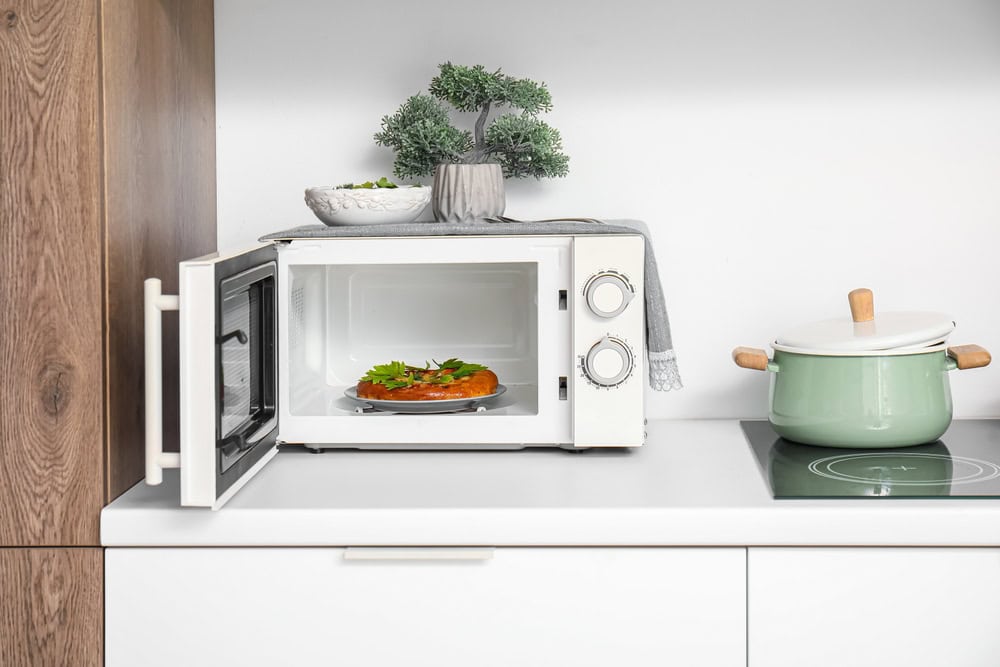
Essential Maintenance:
-
Check for worn insulation
-
Ensure proper ventilation
-
Verify level installation
-
Inspect connections regularly
-
Replace damaged appliances
Warning Signs:
-
Tingling sensation when touching
-
Unusual odors
-
Flickering lights
-
Hot switch plates
-
Buzzing sounds
Special Area Concerns
Water Areas:
-
Use GFCI protection
-
Keep appliances away from water
-
Never handle electronics with wet hands
-
Avoid using devices in bathrooms
-
Install waterproof covers
Outdoor Safety:
-
Use outdoor-rated equipment
-
Stay clear of power lines
-
Call utilities before digging
-
Watch for overhead lines
-
Report downed wires immediately
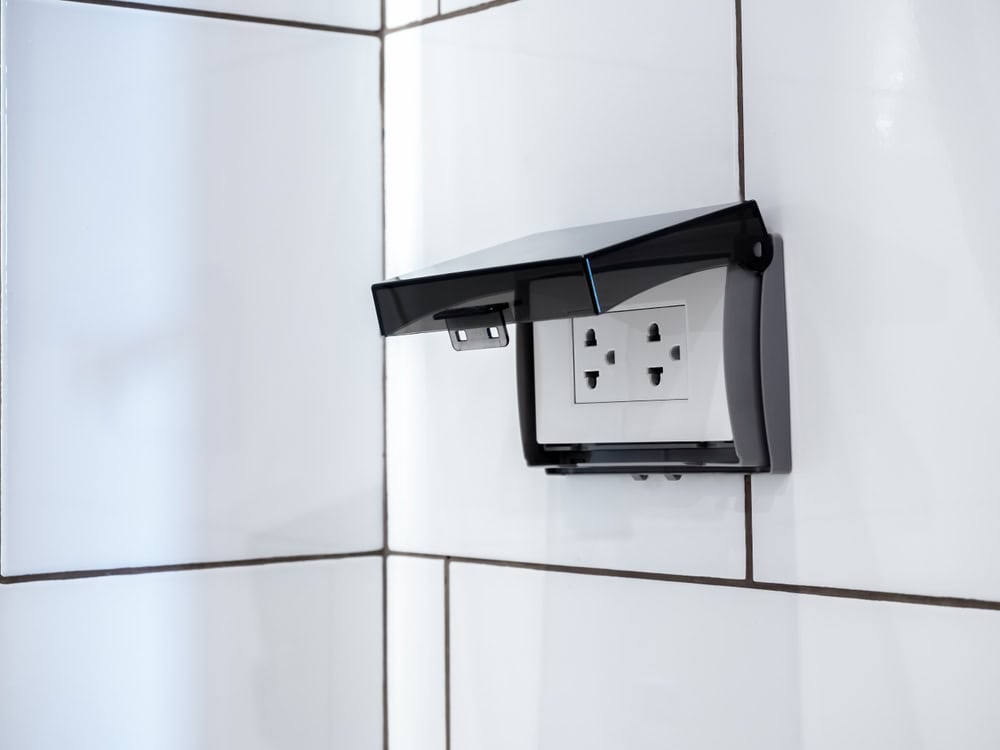
Child Safety Measures
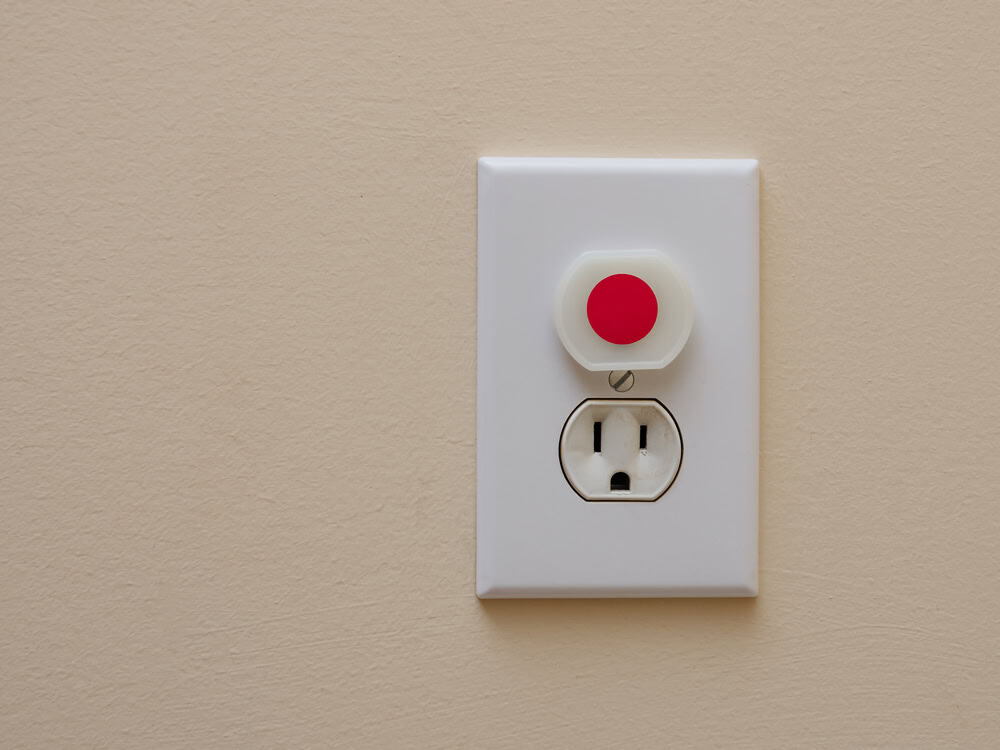
Required Protections:
-
Install outlet covers
-
Secure electrical panels
-
Keep cords out of reach
-
Teach electrical safety
-
Supervise use of appliances
Danger Areas to Monitor:
-
Unused outlets
-
Extension cords
-
Electrical equipment
-
Power tools
-
Heating devices
Professional Inspection
When to Call an Expert:
-
Annual safety inspections
-
After electrical incidents
-
Before buying property
-
When making major changes
-
If experiencing recurring problems
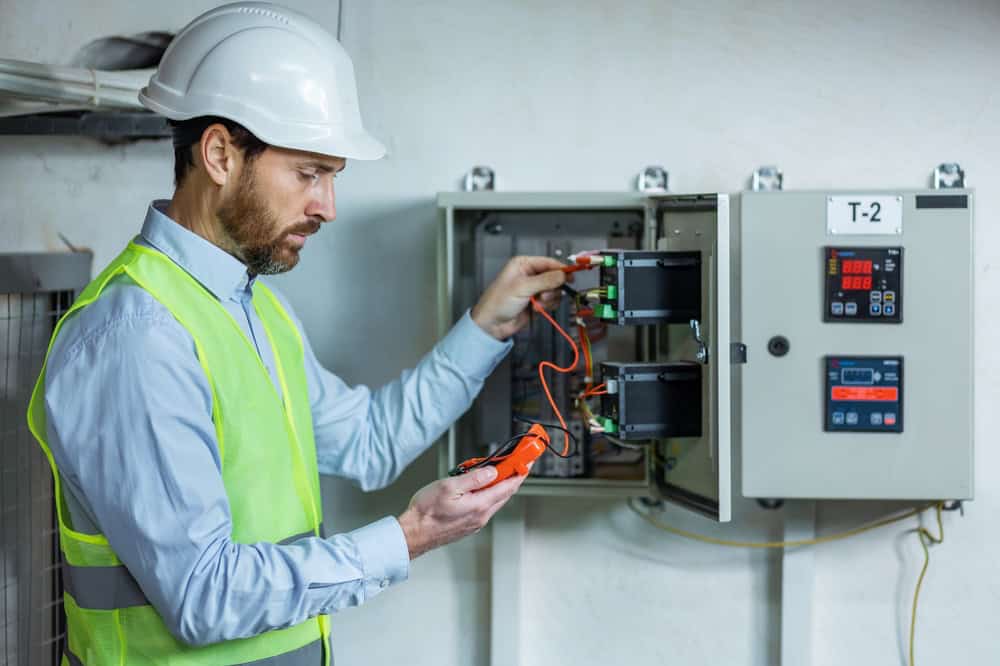
Summary: Electrical Safety in your Home
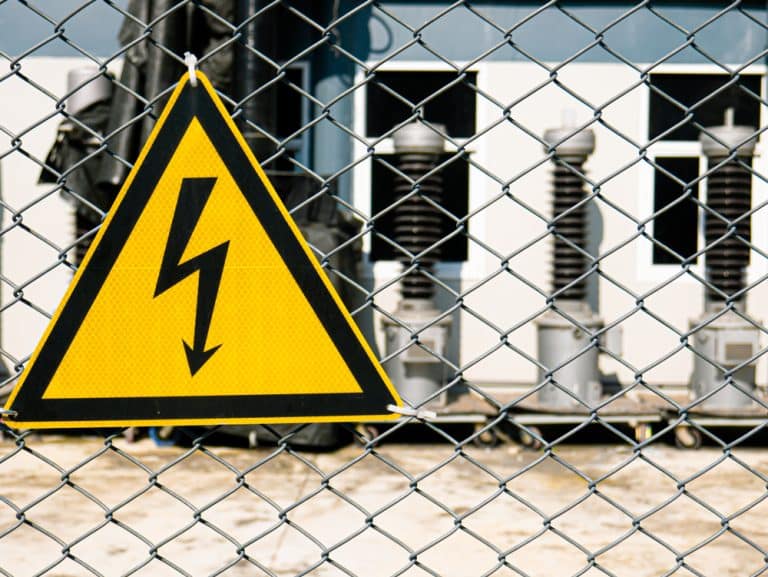
Key Points to Remember:
-
Maintain all electrical systems properly
-
Use appropriate safety devices
-
Respond promptly to warning signs
-
Protect children from hazards
-
Schedule regular inspections
When in doubt, always consult a qualified electrician. Electrical safety is not an area for DIY experiments or temporary fixes.